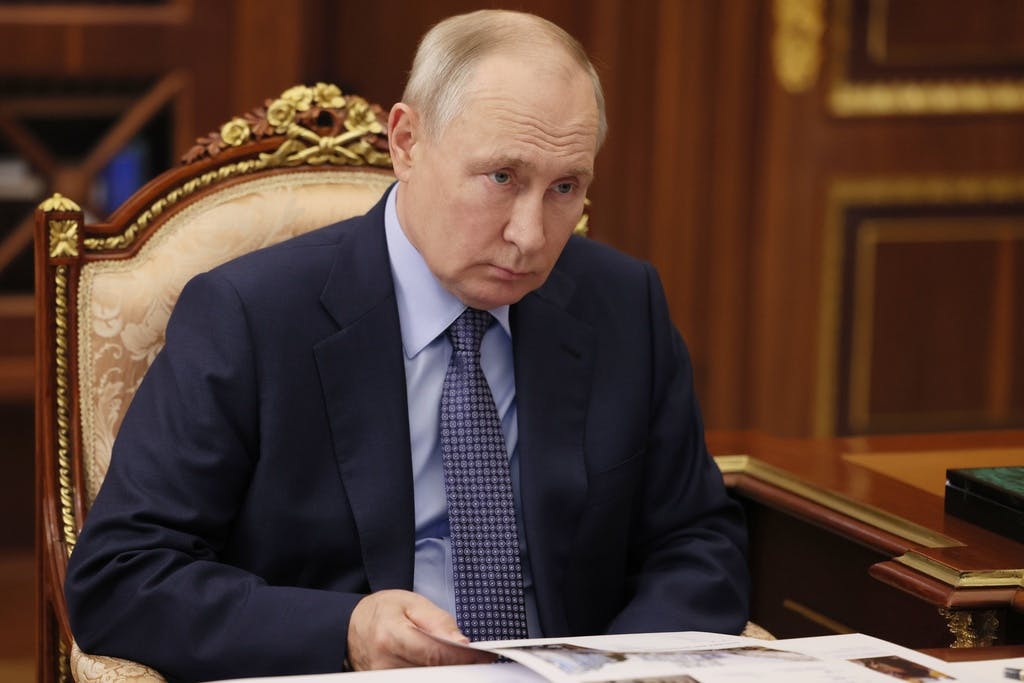
The GOP Will Beat History in the Midterms by Sticking to Its America-First Values
By LAWRENCE KUDLOW
|Foggy Bottom, not for the first time, warns of Moscow’s penchant for propaganda while the bigger picture is lost in the fog.

Already have a subscription? Sign in to continue reading
$0.01/day for 60 days
Cancel anytime
By continuing you agree to our Privacy Policy and Terms of Service.

By LAWRENCE KUDLOW
|
By MATTHEW RICE
|
By LUKE FUNK
|
By THE NEW YORK SUN
|
By BENNY AVNI
|
By JULIE BURCHILL
|
By MATTHEW RICE
|
By BRADLEY CORTRIGHT
|